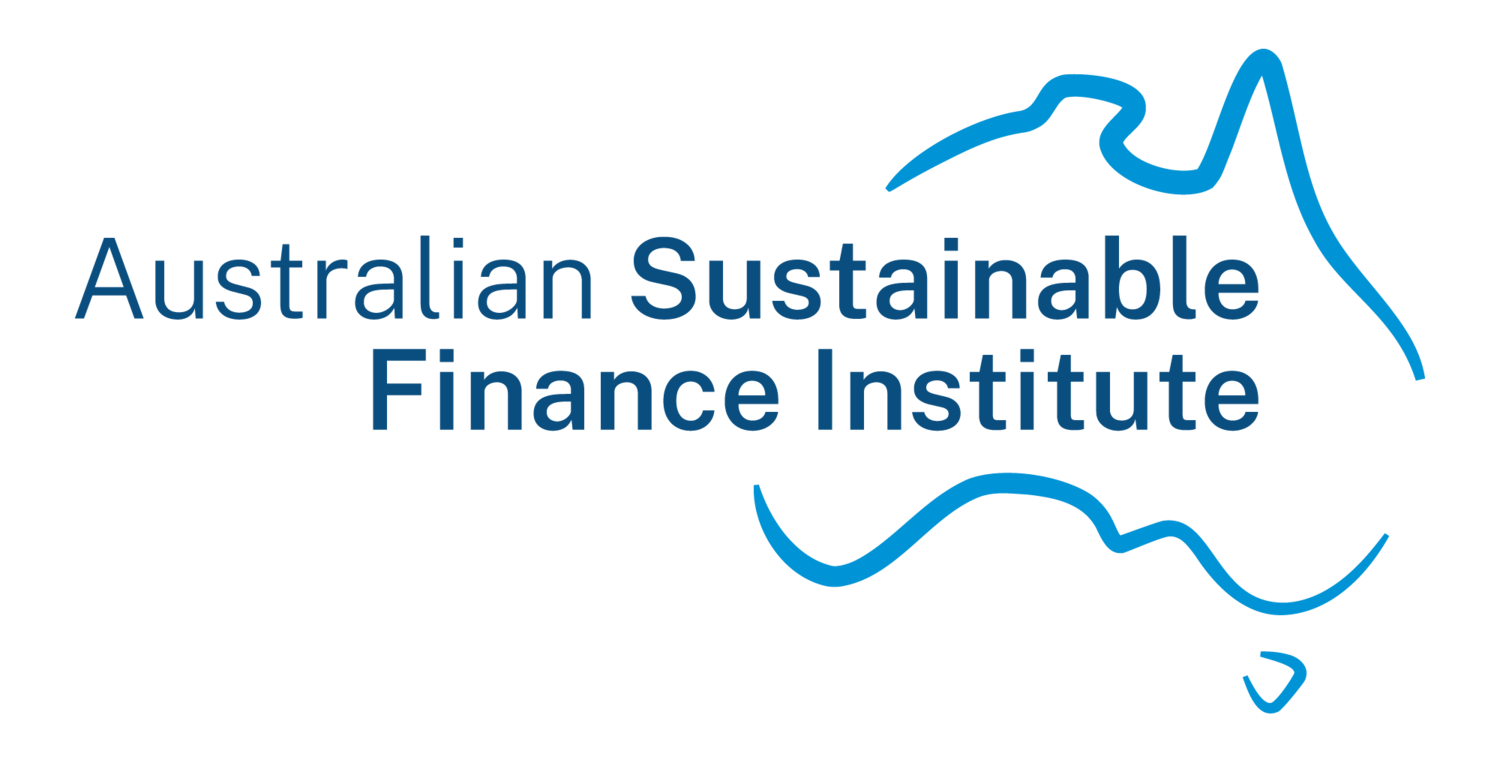Australian financial institutions’ views on climate and clean energy opportunities in Southeast Asia
The Australian Sustainable Finance Institute (ASFI) has today released a market assessment report exploring opportunities to scale Australian investment for the net zero transition in South and Southeast Asia emerging markets.
It finds that climate and clean energy is seen as a growth sector in the region. However, Australian financial institutions typically have limited exposure to South and Southeast Asia emerging markets. There are a range of barriers to scaling up investment in the region and perceptions of risk vary depending on exposure.
While there is interest from Australian financial institutions to engage more on climate and clean energy opportunities in the region, converting this interest into capital allocation at the scale required to meet transition goals will require well-targeted and sustained Government intervention. The report makes recommendations for Government on blended finance, transaction support, sustainable finance policy development, and Australian regulatory reform.
Public-private collaboration in these areas will be essential to meet the new $300 billion climate finance target agreed at COP29 in Baku, and the region’s own transition goals.
The report is written by ASFI and commissioned by the Department of Foreign Affairs and Trade (DFAT). It draws from interviews with large Australian asset owners, asset managers, and banks.
It builds on Invested: Australia’s Southeast Asia Economic Strategy to 2040, developed by Australia’s Special Envoy for Southeast Asia, Nicholas Moore AO, which highlights a critical insight: Australian investment in Southeast Asia is “underweight”.
